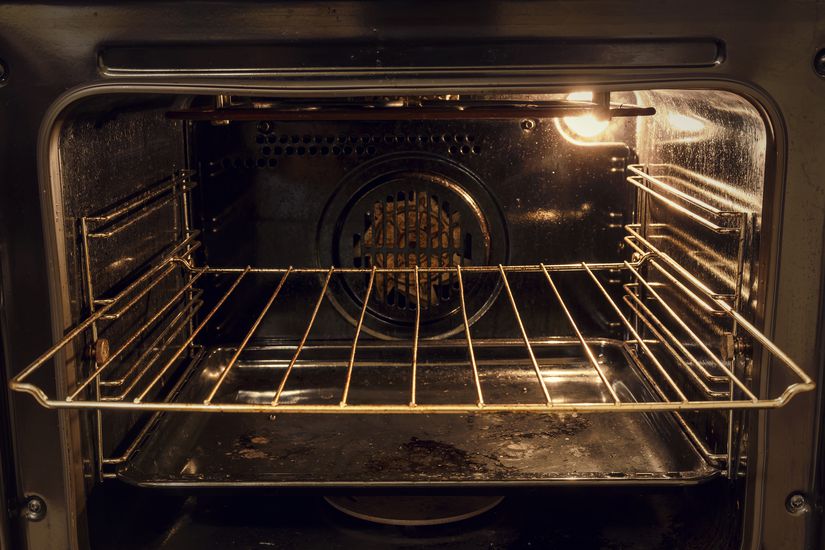Cleaning Conundrum
The sun is shining, the birds are chirping, and suddenly you feel that familiar urge to get rid of old junk and clean everything in sight. But chances are there are things you could be doing better, and maybe a few chores you're doing flat-out wrong. We asked experts to let us in on the most common spring cleaning mistakes — here are the things they say we keep doing wrong.


































